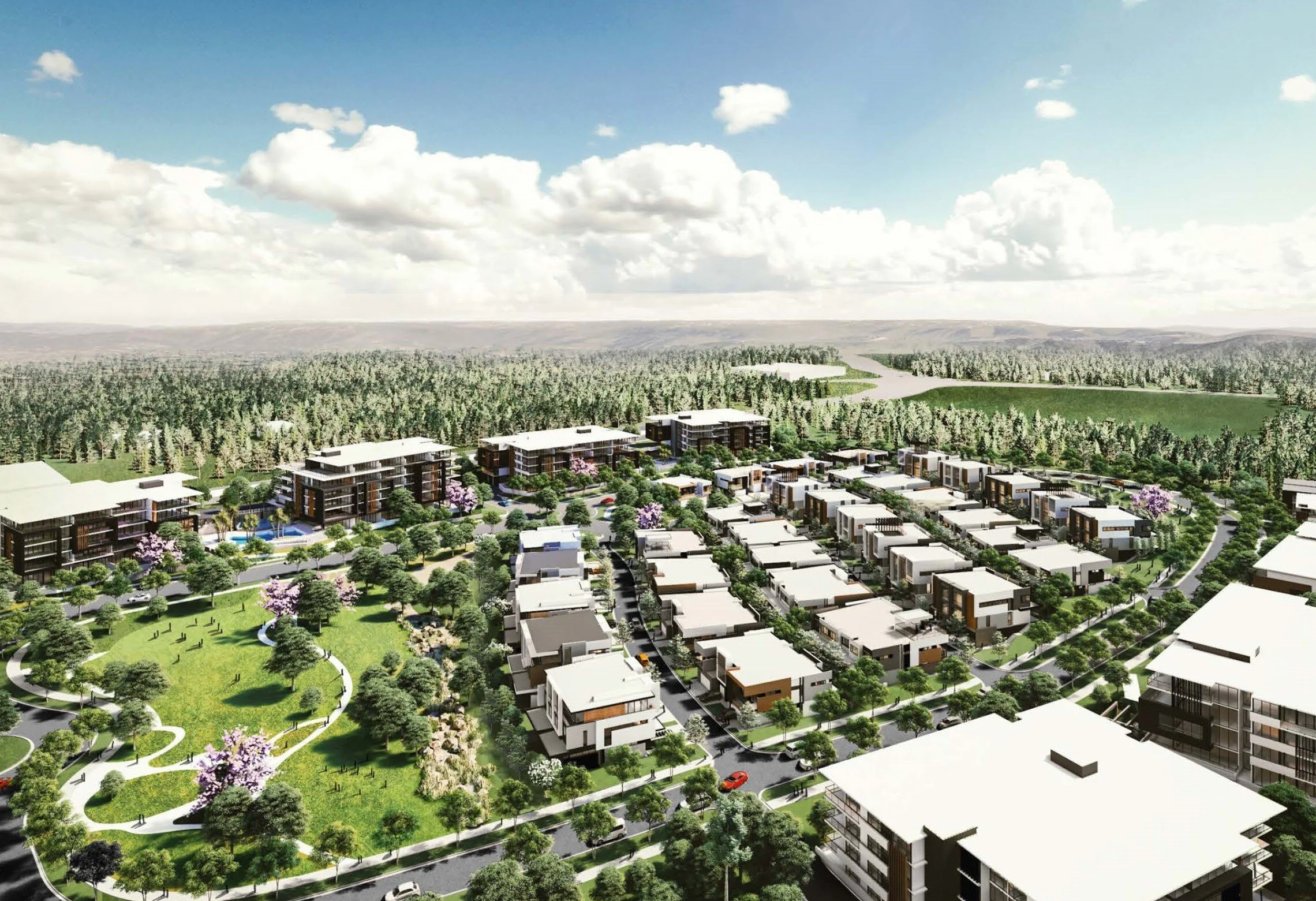Why is Town Planning Important to Society?
Town planning is vital to our society and way of life, so what is a town planner? A town planner is responsible for analysing, designing and managing towns and cities. Town planners consider a wide range of social, economic and environmental factors to create effective, sustainable communities which provide adequate housing, access to good jobs, leisure activities and transportation links while preserving the local environment. They also manage regeneration schemes and conservation areas and consider any changes that need to be made due to population growth.
Urban planning in Australia is an essential element in the growth and sustainability of cities and towns. It is a challenging job for those involved in town planning, who are tasked with transforming our everyday environments into livable, safe and prosperous communities. Commercial property development in Gold Coast is a booming industry. While some may not be aware of what that process entails, plenty of professionals have the necessary skills to get the job done.
When developing a city, town planners are the unsung heroes. Town planning is an important but often overlooked aspect of building a well-functioning society. But what exactly is town planning, and why is it so important? Let's look at the importance of town planning in today's world.
Creating Functionality with Town Planning
Town planning involves designing cities, towns, and other settlements to create livable, sustainable communities. Town planners consider many factors when making their designs—including population density, sustainability, transportation networks, accessibility to services, safety and security, housing needs and access to green spaces. All of these components come together to create functional and safe cities that can accommodate the needs of residents while also considering environmental factors.
The Benefits of Town Planning
Town planning has numerous benefits for both individuals and society as a whole. People who live in planned urban areas have better access to transportation networks and essential services like healthcare facilities and supermarkets. They are also more likely to be able to enjoy green spaces such as parks or gardens as part of their daily life. This increases physical activity levels, leading to improved overall health outcomes for people living in planned urban areas.
Additionally, town planning helps reduce air pollution by creating efficient public transport systems that encourage people not to use cars where possible. Properly planned urban areas also reduce traffic congestion which can help lower emissions from vehicles on the road. This means that planned towns are better for the environment than unplanned settlements due to their thoughtful, sustainable city design.
In conclusion, urban design and town planning are essential for our society, not just for the residential subdivision planning it facilitates but for the well-being of all citizens. Town planning and urban management ensure that residential areas are created efficiently and sensibly, ensuring that all citizens can access basic amenities like schools, medical services and public transport. Additionally, it helps reduce traffic congestion and air pollution by concentrating residential development in specific areas. Furthermore, town planning also establishes parameters around how commercial and industrial development should be handled - taking into consideration safety and environmental requirements. In short, town planning is an important function crucial to any society's health and success.

